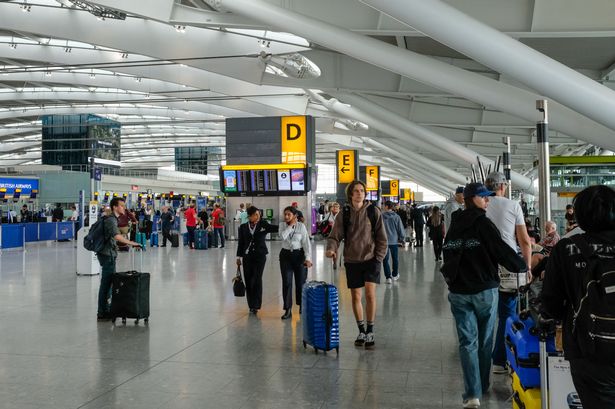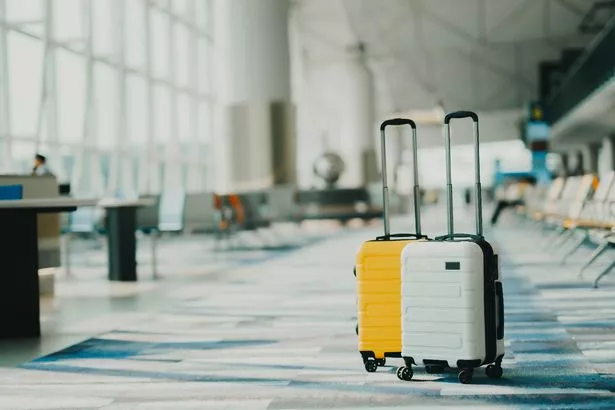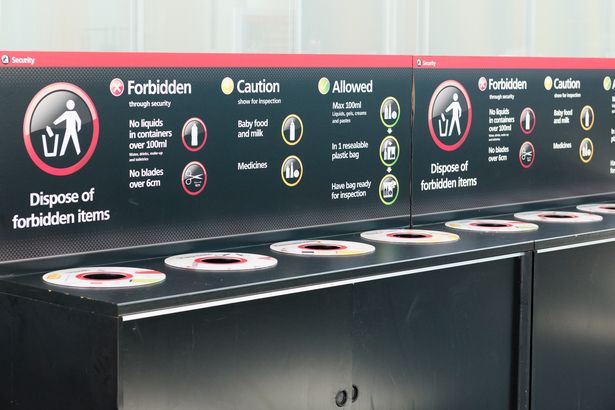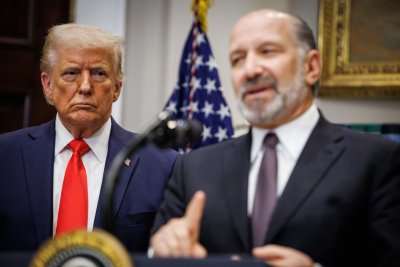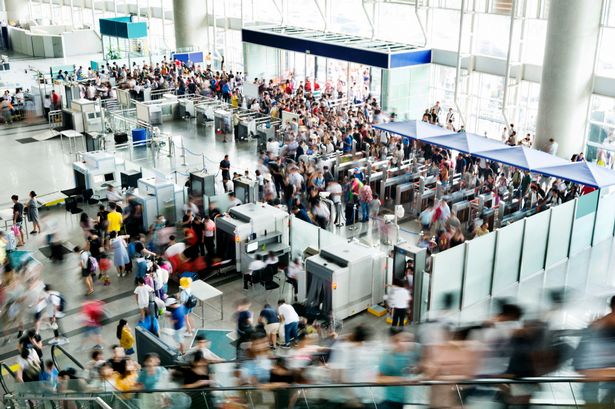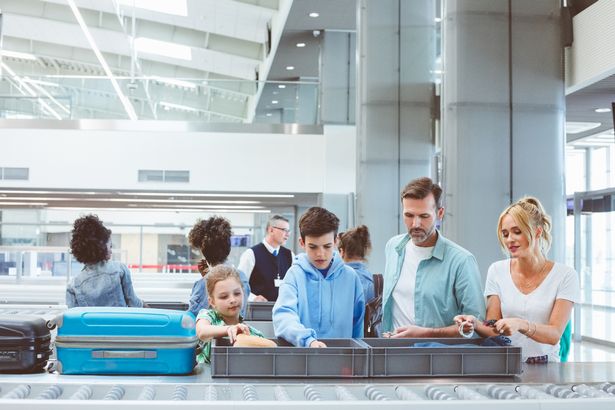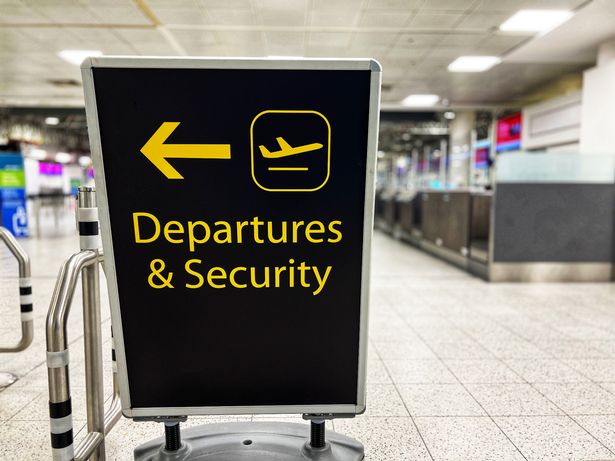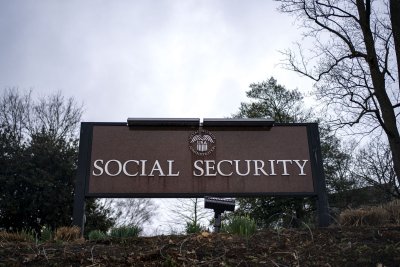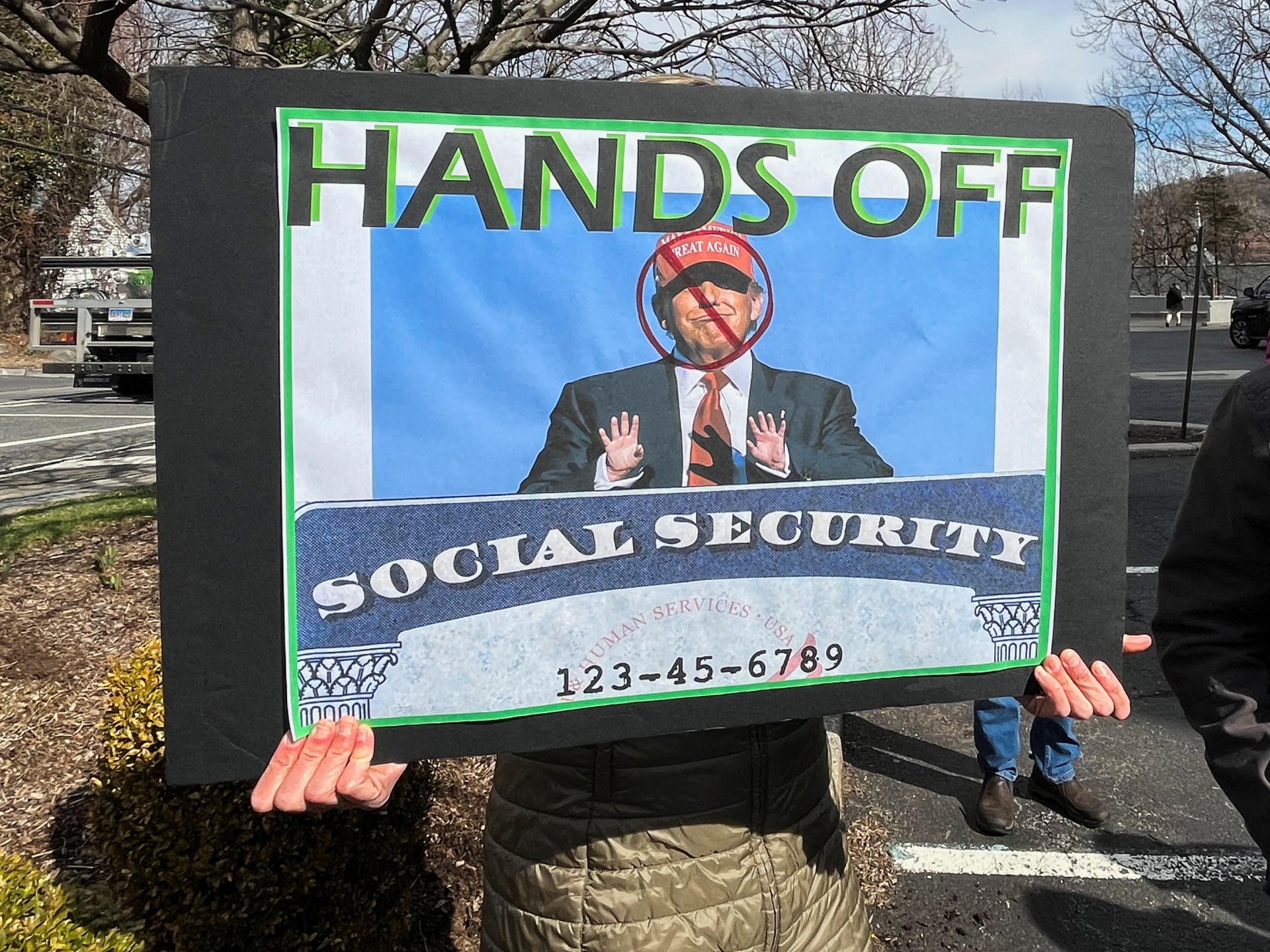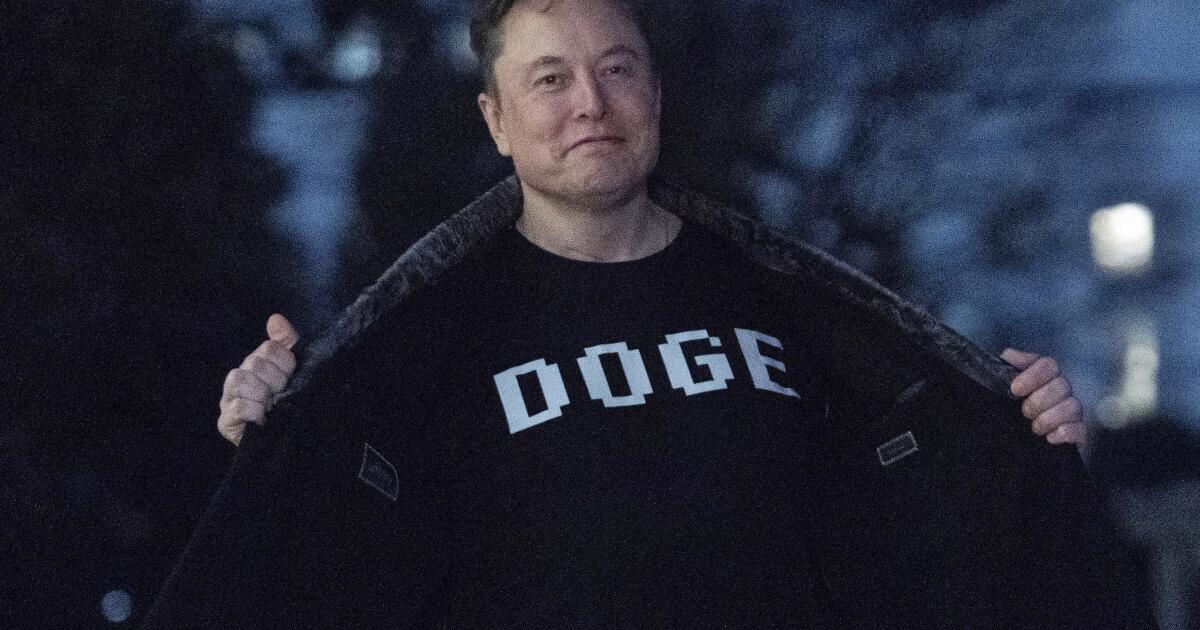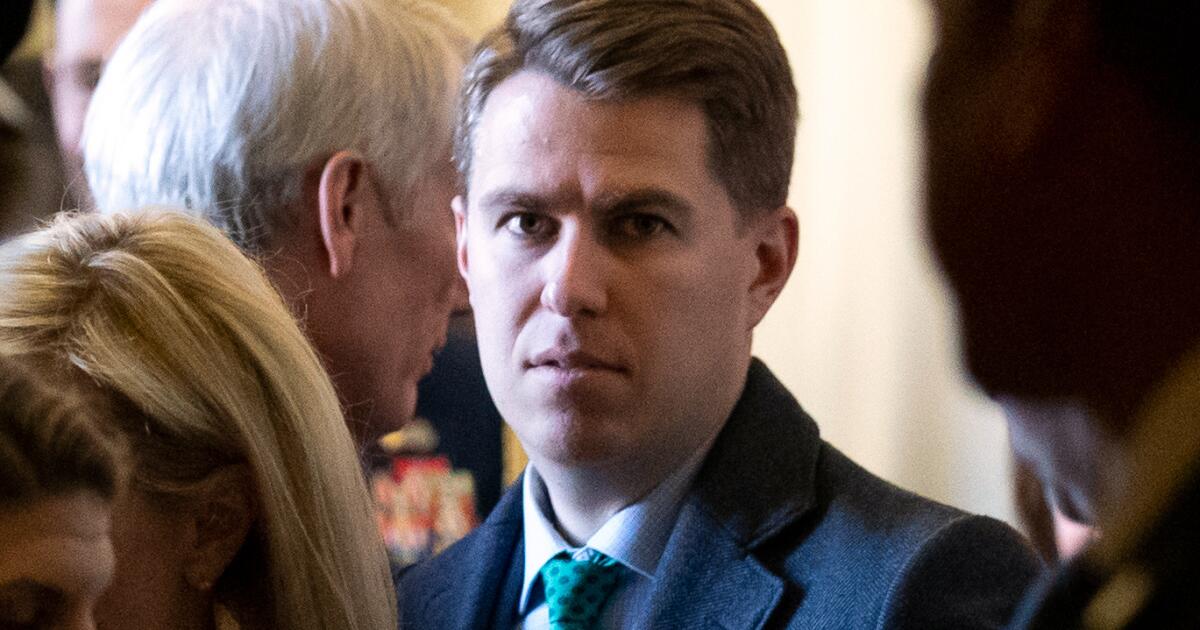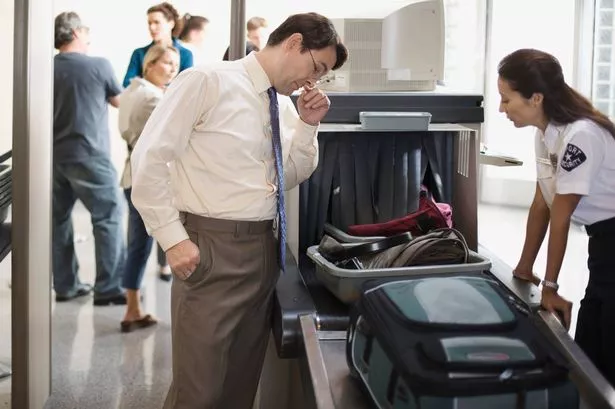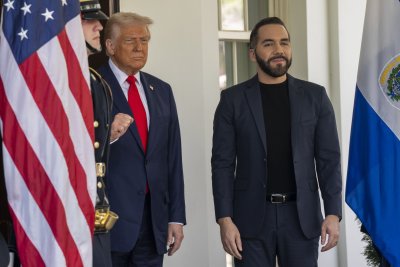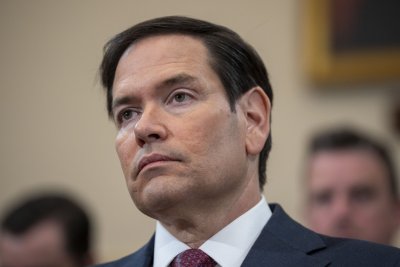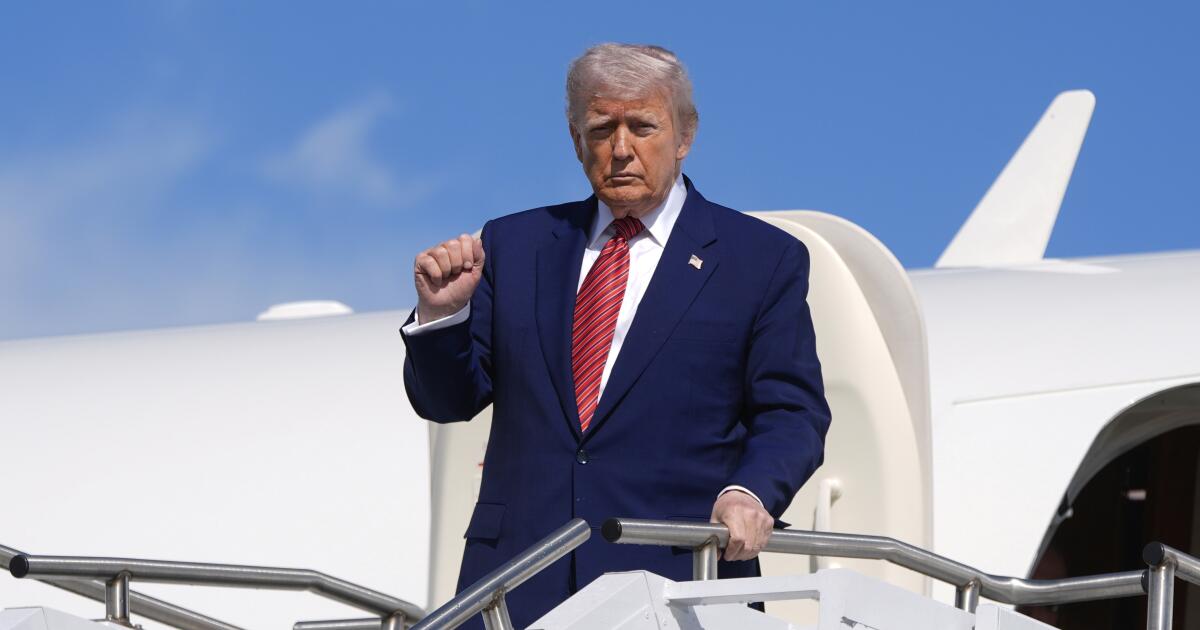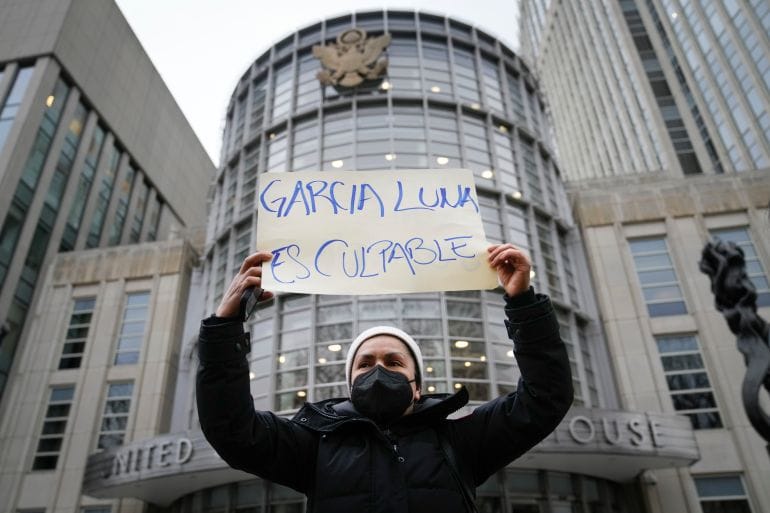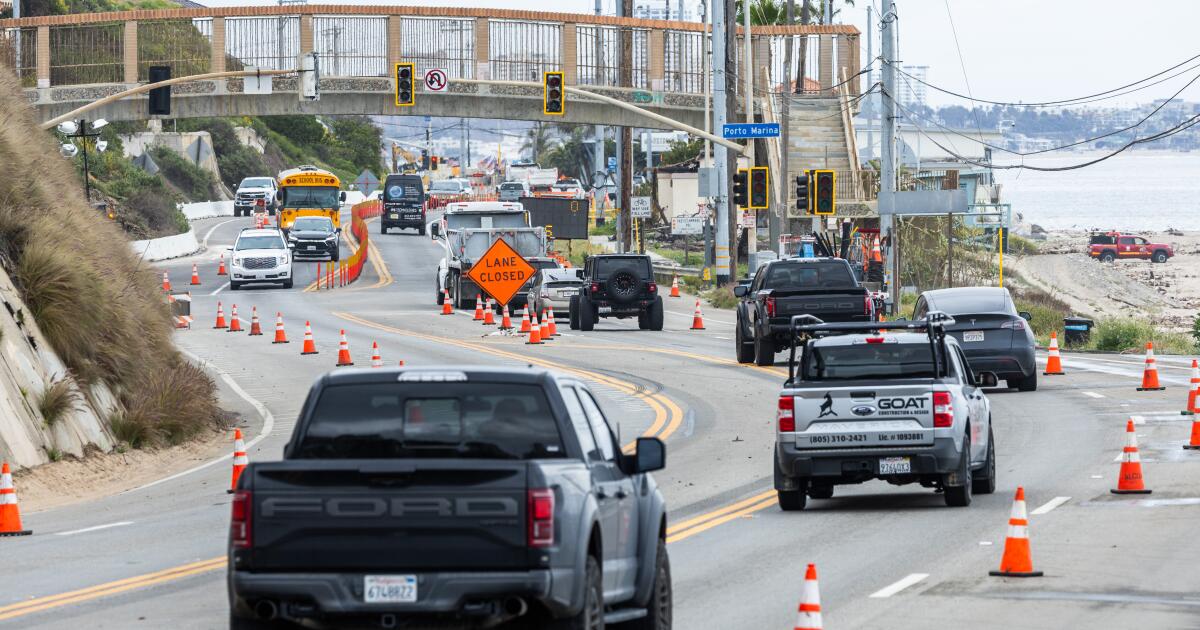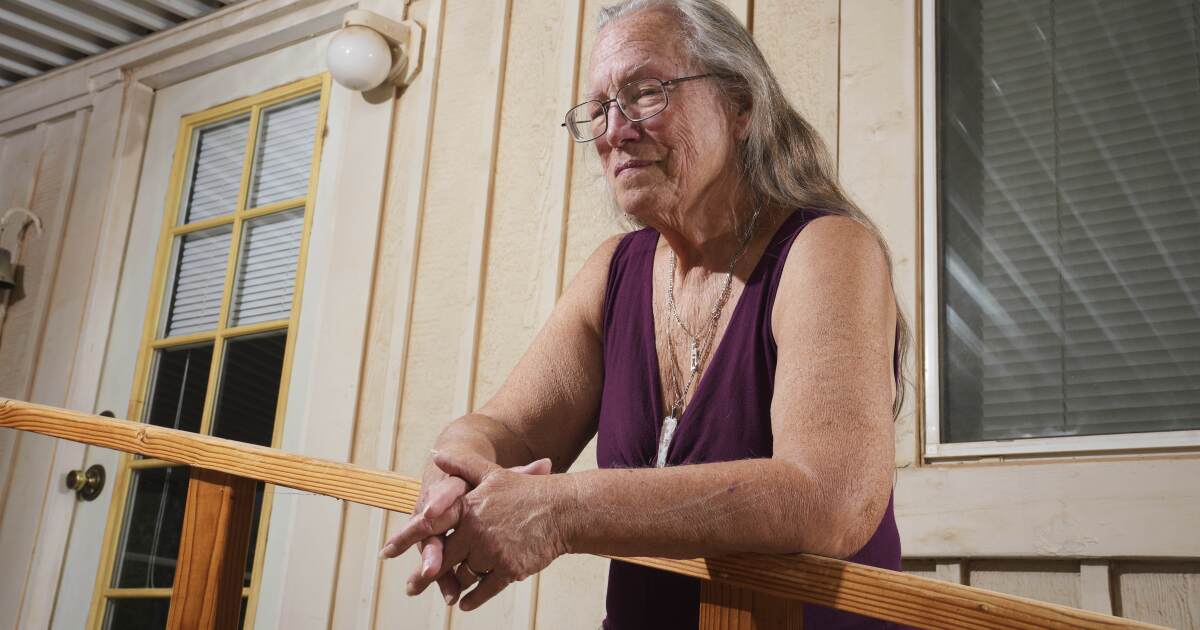You may be surprised to know that the London-based airport enforces a ‘two-bag policy’ at its security point to avoid delays
With summer on the horizon, many Brits are preparing for sunny vacations overseas. However, before heading to Heathrow Airport, familiarising yourself with its current policies and regulations is essential.
Carrying flammable substances or toxic items is a clear no-go when flying from any airport. However, what may be less known is Heathrow’s baggage limit for travellers at its security checkpoints.
You may be surprised to know that the London-based airport enforces a ‘two-bag policy’ at its security point to avoid delays. This means only two hand baggage items can be taken through the control area.
“To avoid delays, Heathrow operates a two-bag policy at airport security,” advice at the airport’s site reads. “Handbags and laptop bags count as a piece of hand baggage.”
READ MORE: Love Island’s Cara De La Hoyde-Massey urges fans to get a key health check
As part of this rule, any item larger than 56cm x 45cm x 25cm (22in x 18in x 10in) must be checked in as hold luggage. In turn, passengers are more likely to keep their security tray usage to a minimum, limiting delays for others.
Besides this, it’s also important to consider the dos and don’ts of what to put in this hand luggage. For instance, only specific electronic devices are permitted on flights from the UK.
While some airlines might have different restrictions, the UK Government outlines nine key items you can take in both your hand luggage and hold luggage:
- Hairdryers
- Straighteners
- Travel iron
- Electric shaver
- Most cameras
- Mobile phones
- Laptops
- Tablet devices
- MP3 players
It is essential for passengers using e-cigarettes to carry them in their hand luggage rather than in their hold luggage. When passing through security checks, placing electronic devices in a designated tray allows staff to see and verify that no prohibited items are hidden.
Heathrow Airport’s advice also adds: “Please ensure your electronic devices are charged. If they don’t switch on, you may not be allowed to take them onto the aircraft. Charging points are available throughout the airport.”
On the flipside, most UK airports – including Heathrow – require liquids to fit inside a single transparent plastic bag when passing through security. Each liquid container must hold a maximum of 100ml, and the plastic bag must be approximately 20cm x 20cm.
The Government’s website clarifies that all items should fit ‘comfortably inside the bag’ so that it can be sealed. To avoid complications, do not attempt to seal it by tying a knot at the top, as it will not be accepted.
READ MORE: Look around Amanda Holden family thatched cottage with ‘sweeping’ gardens which is up for sale
Below is the UK Government’s complete list of items categorised as hand luggage liquids:
- Liquid or semi-liquid foods, for example, soup, jam, honey and syrups
- Any other solutions and items of similar consistency
- Sprays, including shaving foam, hairspray and spray deodorants
- Contact lens solution
- Pastes, including toothpaste
- Gels, including hair and shower gel
- All drinks, including water
- Cosmetics and toiletries, including creams, lotions, oils, perfumes, mascara and lip gloss
Solid products like deodorant sticks, soap bars, wet wipes, and lip balms are usually considered non-liquids. Therefore, they typically don’t require storage in the bag.
Guidance from Heathrow Airport adds: “Only limited quantities of liquids may be carried through airport security into the departure lounge. This includes bottled drinks, suntan lotion, fragrances, cosmetics, toiletries and all frozen liquids.
“…Liquids in containers over 100ml will not be permitted through security – please pack them in your hold baggage instead.”
